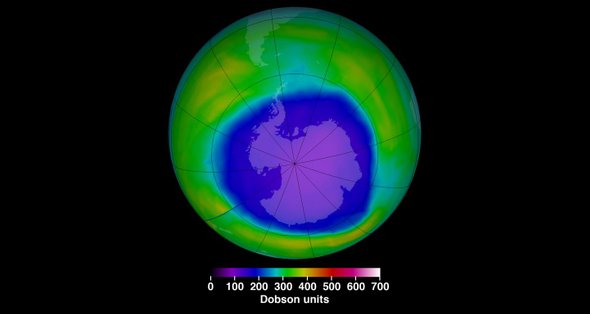Hi, I'm Scientific American podcast editor Steve Mirsky. And here's a short piece from the September 2018 issue of the magazine, in the section called Advances: Dispatches from the Frontiers of Science, Technology and Medicine.
The article is called Quick Hits, and it's a rundown of some science and technology stories from around the globe, compiled by editorial intern Maya Miller:
From CHINA
A chemical that helped to create a hole in the ozone layer is reappearing. An international investigation traced the resurgence of the banned gas, known as CFC-11, to factories in a town in the eastern province of Shandong.

From CHILE
The National Congress of Chile passed a bill outlining plans to establish a ministry of science. The goal is to invest more in research, as part of a shift toward an economy of "knowledge and creativity."
From IRAQI KURDISTAN
Archaeologists found remnants of a city that dates back 4,800 years in the autonomous Kurdish region of northern Iraq. Among the ruins were 92 clay tablets—some of which contained the city's name, Mardaman.
From NAMIBIA
About 100 high school girls from Ethiopia, Kenya and Swaziland joined girls in Namibia for a two-week "boot camp" to learn how to write code and develop mobile apps. They also got a crash course in basic sciences.
From THAILAND
A pilot whale washed ashore in Thailand's southern Songkhla province with nearly 18 pounds of plastic in its stomach. The whale died days later, renewing concerns about the amount of such waste humans have put into the world's waterways.
And from U.S.
A judge dismissed two environmental lawsuits against five of the world's largest oil companies. During the trial, however, the companies' representatives said they recognize and agree with the scientific consensus that humans have caused unprecedented climate changes.
That was Quick Hits by Maya Miller.












